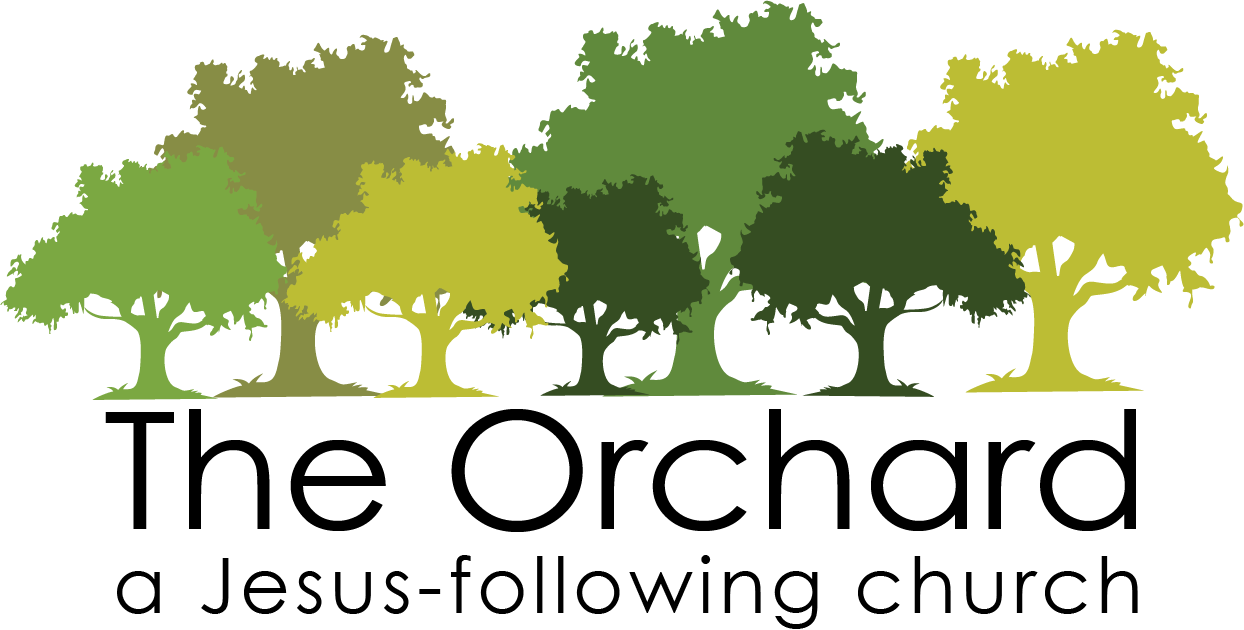This is a post from the EFCA Now blog. If you haven’t yet, please read our post: The Gospel, Racism and the EFCA.
An Open Letter to Those Who are Struggling
Aiming for the kingdom of God through racial strife.
Dear EFCA family,
This is an open letter to all who are struggling to figure out what comes next or how to apologize for what’s going on in America, in light of Charlottesville.
America seems to be in the midst of childbirth contractions. I believe that events taking place in Ferguson, New York City, Indianapolis, Minneapolis, Dallas, Charlotte and Charlottesville are not disconnected occurrences but may actually be the new normal.
Recent events may well represent what the near future looks like—due both to our country’s demographic shifts and to the built-up frustrations of generations of African Americans who have received the brunt of racism, exploitation and marginalization.
For too long, the Church has been both complacent and even part of the problem. We have an amazing opportunity before us to be proactive—but will we?
“To everything there is a season, a time for every purpose under heaven” (Ecclesiastes 3:1, New King James Version).
“And He has made from one blood every nation of men to dwell on all the face of the earth, and has determined their preappointed times and the boundaries of their dwellings” (Acts 17:26, NKJV).
Nothing is forever, and America may not last many more seasons either. I know that sounds negative, but it really isn’t. God decides times and boundaries. The best we can do for America is to focus on making His Church great and bringing His kingdom to earth, and we must start with Jesus.
To do that, we must first quit being on the side of one person or one political party and must not attach ourselves to any forms of nationalism.
Then, we must speak up. In Charlottesville and many other cities across the nation, people are fighting over the statues of dead men, symbolic of a historical and systematic racism. And is the Church’s voice being heard? Why are we so often apathetic to the pain until it boils over?
“All that is necessary for the triumph of evil is that good men do nothing,” warned Irish philosopher and politician Edmund Burke. Are we not guilty of failing to heed his warning?
If Burke’s words don’t call us to action, how about: “Therefore, as we have opportunity, let us do good to all, especially to those who are of the household of faith” (Galatians 6:10, NKJV).
Finally, we must aim for the kingdom. The Church needs to be salt. Our majority brothers and sisters in the church can’t continue to simply say, “Sorry.” While I appreciate the “support and listening,” it is misplaced if it is not rooted in a passion for empowering the future of God’s kingdom—what I call the “nextnext.”1
The next next is where we will all be one, and I want to see us there now. “Thy kingdom come, Thy will be done in earth, as it is in heaven” (Matthew 6:10, NKJV).
The historic default for the Church on any cultural issue seems to be a defensive posture, a consoling posture or an I’m-not-with-them posture. Instead, we must step forward, speak the gospel and live the gospel.
Rather than living defensively, clinging to our historical vision of America, we must live missionally in this country we temporarily call home—grounded in the Great Commission and the Great Commandment, leading to a great community.
Being missional also means that we understand the transitional time in which we live and are committed to reaching “the other” and empowering “the other” as pivotal to God’s next chapter for our country.
Here’s what we can each do now:
- Learn: Decide what we believe. Read new perspectives and don’t take a person’s point-of-view for granted. Spend time reading God’s Word and the words of a good cross section of leaders. I recommend Tony Evans’ book Oneness Embraced, Brenda Salter McNeil’s Roadmap to Reconciliation, and Michael O. Emerson and Christian Smith’s Divided By Faith, as primers on the subject.
- Speak: Engage in conversations. Don’t shy away from talking about race and culture in the normal course of life. Don’t be afraid of saying the wrong thing. Be comfortable being uncomfortable.
- Do: Befriend someone from another ethnicity or culture. Empower others as God gives us the opportunity. Walk with someone through a difficult time. Use whatever privilege God gives us to defend, lift up and extend an invitation to the table.
- Worship: Worship together with people of different ethnicities and with immigrants. God does amazing things in our hearts when we approach His throne together.
May we allow Charlottesville to be the time when we quit defending, apologizing or dividing. Let’s be OK with declaring America a mission field. It is an adventure that I’m willing to trust God to lead. May we speak up and love each other even when it hurts. The Lord is coming.
Read the official EFCA statement and resolution against racism.
In addition, I recommend reading the blog response, “The Gospel of Jesus Christ, the EFCA, and Racism,” by Greg Strand, executive director of theology and credentialing at the EFCA. He has been a great source of encouragement in these last couple of years by empowering and supporting All People ministry. There were times in meetings when I was weary of speaking up and he encouraged and supported me to do God’s good work.

0 Comments